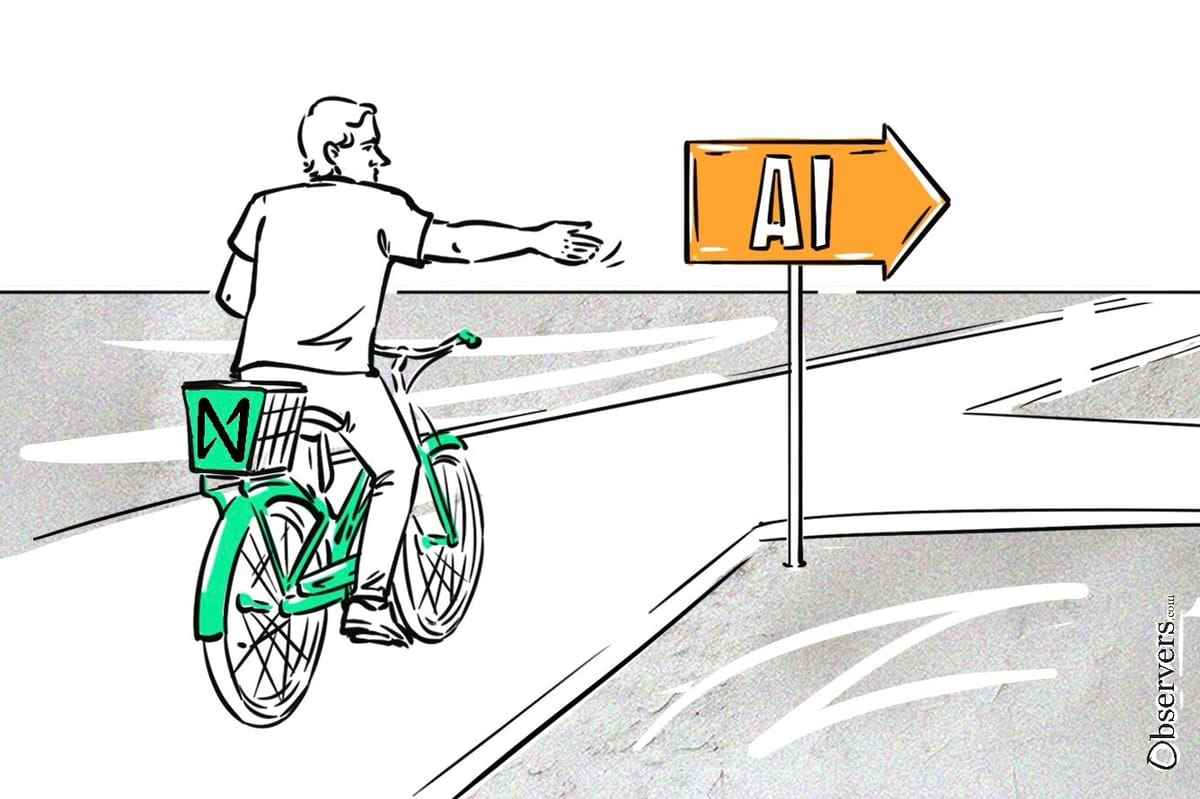
Illia Polosukhin and Alex Skidanov, co-founders of Near Foundation, shared the latest details on the research conducted by NEAR.AI in a whiteboard session at the foundation's headquarters in San Francisco on June 6.
The research lab kick-started operations recently, designed to play a crucial role in the protocol's plans to become the leading decentralized ecosystem for user-owned artificial intelligence.
In Friday's session, the developers emphasized the need for an open-source model that is competitive with the state-of-the-art technology of the few tech giant companies that currently monopolize the industry and which have a non-democratic control in setting the goals towards which AI is developed.
Near Protocol's revolutionary ambition is supported by an investment strategy announced by Polosukhin on May 22.
"AI is clearly becoming the most disruptive technology of the next decade, while almost all of that development is happening inside centralized, closed for-profit companies. We do not want to live in a world where a few mega-corporations control the most powerful human resource: intelligence."
Shortly after, asset management firm Grayscale launched a new crypto investment trust for accredited investors focused solely on the Near Protocol, citing the growing demand for the "emerging and evolving parts of the crypto ecosystem" as the reason it opened up these opportunities for its investors. The U.S. financial titan also launched a separate fund for investment in Bitcoin L2 Stacks.
The Need For Open AI
Artificial Intelligence is predicted to drastically change how societies and economies work. While its influence is likely to be mostly positive, several potential dangers are associated with it.
OpenAI's CEO, Sam Altman, recognizes the perils of the groundbreaking technology. In a recent interview, he proposed a Universal Basic Income solution that would distribute super powerful AI tools to people instead of money, helping offset the expected decline in available job positions.
Altman, however, failed to mention how to tackle one of the main risks associated with AI technology: its monopolization in a handful of companies.
According to the authors of a report, AI in the Public Interest: Confronting the Monopoly Threat, "How AI is developed, and the impact it has on our democracies and societies will depend on who is allowed to manage, develop, and deploy these technologies, and how exactly they put them to use."
Since ChatGTP was launched, users, companies, and governments around the world have been looking for alternatives and advocating for more democratic development and ownership of the groundbreaking technology.
Blockchain could be a game changer in shaping a future where AI is a positive force in human development and well-being rather than an accelerator of inequality, misinformation, online addiction, and suppression of creativity and freedom of thought.
Its permissionless and distributed nature allows for building transparent governance systems where decision-making progress is shared, creating economic incentives that discourage malicious behavior and channeling resources into developing use cases perceived as necessary by communities.
Near is not new to AI. The layer-one blockchain already has several apps exploring the computing technology in its ecosystem. They include AI oracle network SuperSight AI, generative AI community InFancy.AI, and AI coding assistant Jutsu.
The new strategy announced goes beyond the efforts of single projects and aims to build an ecosystem designed for Web3 projects that use AI.
In direct defiance of the world's most popular artificial intelligence company, Near announced the strategic shift on X, stating, "It is time to open AI."

